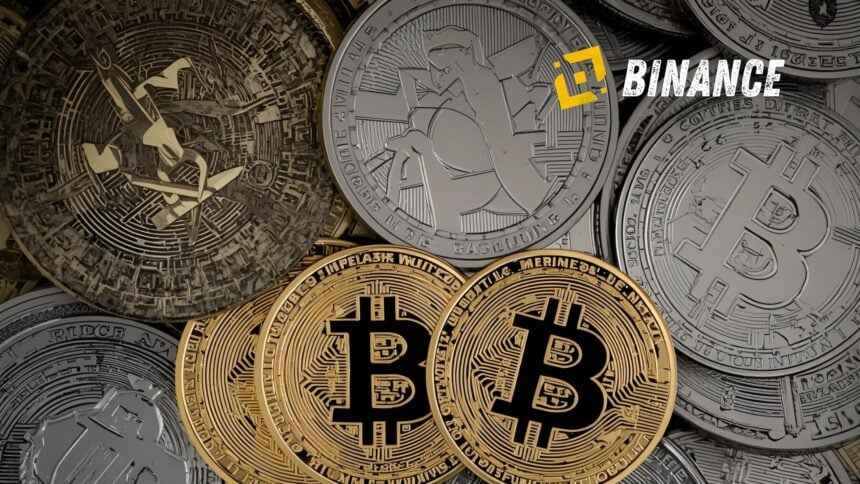France’s banking watchdog is escalating anti–money laundering reviews across its crypto sector as Europe moves toward full implementation of the Markets in Crypto Assets regime.
The Autorité de contrôle prudentiel et de résolution, or ACPR, is conducting on-site inspections at dozens of platforms to determine which of more than 100 registered providers will be cleared for EU-wide authorization.
People familiar with the program said auditing Binance is part of that effort. The checks began in late 2024 and have widened this fall, the people said.
The push matters because France is one of a handful of EU capitals positioned to grant the MiCA license that unlocks cross-border operations.
Firms that fall short on controls for money laundering and terrorist financing risk delays to their applications or worse, since findings are typically shared with France’s markets regulator and can feed into enforcement.
Reporting indicates the ACPR instructed Binance last year to tighten risk management, and companies that do not address deficiencies after inspections can see their licensing prospects jeopardized.
Under MiCA, crypto service providers need a single authorization to market across the 27-nation bloc.
France’s reviews are intended to separate firms that already meet those standards from those that require remediation.
Coverage of the ACPR’s current sweep suggests companies are being given several months to fix issues before the regulator reaches conclusions that could influence license decisions expected in 2026.
The increased scrutiny in Paris arrives as EU and national watchdogs debate the balance of power between local supervisors and the European Securities and Markets Authority for overseeing large crypto firms.
France has argued for a meaningful national role, while also backing stronger centralized oversight for the biggest players.
For applicants, that translates into deeper file-by-file reviews of customer-verification procedures, transaction monitoring, and sanctions screening before any EU passport is issued.
The upshot is a near-term period of uncertainty as inspections run their course, followed by a clearer operating map for Europe’s crypto market.
Binance, which has operated a European hub in Paris, has said it cooperates with regulators and treats inspections as part of normal oversight for registered entities.
The exchange is also the subject of a separate judicial probe in France that dates to 2022 and was handed to an investigating judge in early 2025.
That case runs alongside the ACPR’s administrative work and has not yielded a public charging decision. France’s broader supervisory posture has been hardening.
The ACPR’s latest annual materials emphasize a risk-based approach and continued investment in AML and counter-terrorist financing tools, including for newer sectors like digital assets.
The current inspection blitz signals that any firm seeking an EU passport through Paris will need to show controls that are not only designed on paper but tested in practice.















